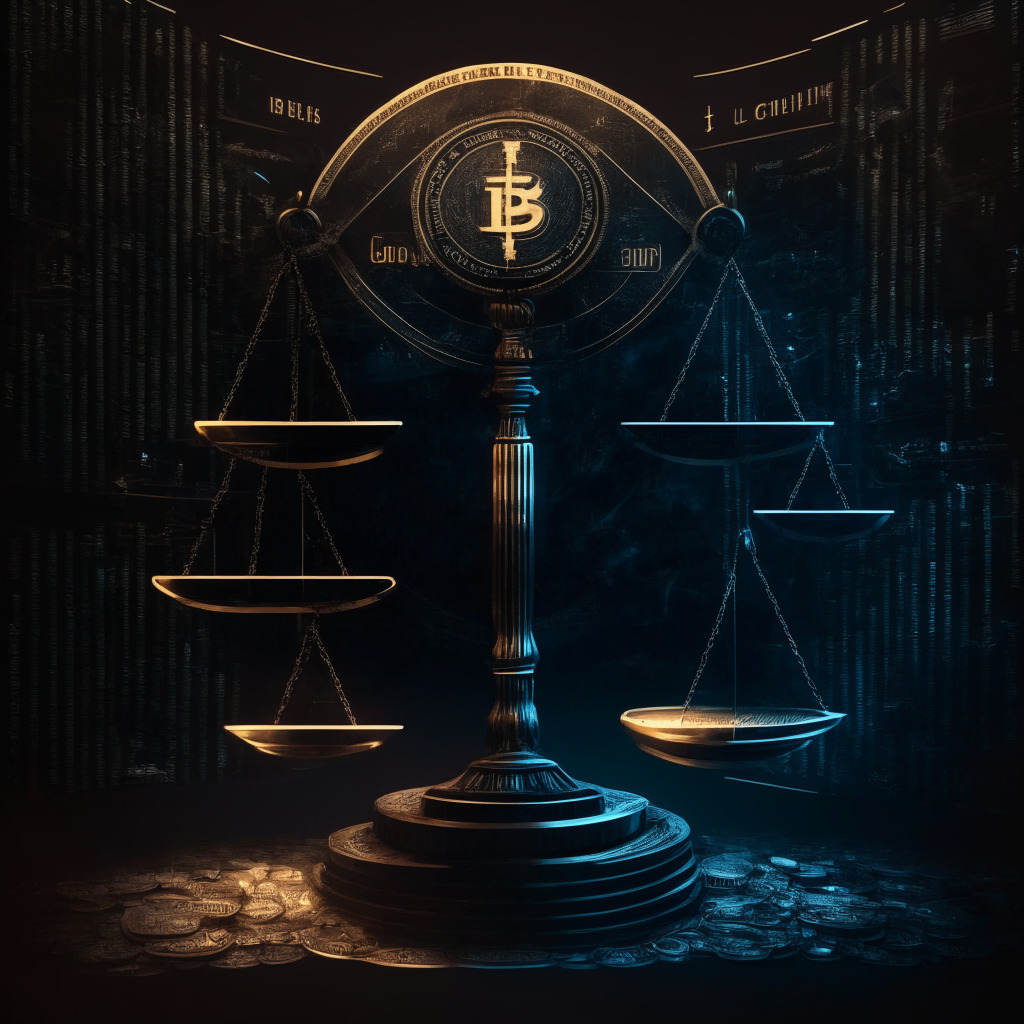The idyllic island nation of Malta, a member of the European Union, is in the process of reshaping its regulatory landscape for cryptocurrency firms, according to its Financial Services Authority (MFSA). Interpreted as a sign of conformity to the incoming pan-European Markets in Crypto Assets (MiCA) regulations, this move indicates Malta’s commitment to emerging global standards.
The proposed changes by the MFSA, made public for consulting, are expected to affect a wide range of businesses: from exchanges and custodians to portfolio managers. The alterations are intended to align with those key elements set out by MiCA, which is slated to take effect in 2024. Moreover, the authority plans to make the necessity of ‘an orderly wind-down plan’ a mandatory requirement for crypto service providers.
MiCA’s enactment will mark the inception of the world’s inaugural comprehensive crypto regulation in a major jurisdiction. It’s an exceptional framework that would enable service providers to function across the European bloc using a solitary license. Consequently, by aligning its rules with MiCA, Malta aspires to assure a seamless shift for its local ‘Virtual Financial Assets (VFA) Service Providers’.
The proposed changes, however, also offer food for thought. Having a home-grown progressive legal system that parallels EU norms is beneficial, indeed, but could there be a downside too? For one, the susceptibility to new oversight and rules, especially those stipulated by external entities like the EU, could theoretically lead to an undesirable constriction of the innovative impulses that characterize the crypto industry. Furthermore, such regulation might also compel companies to revisit and possibly reformulate their strategic and operational frameworks.
The MFSA consultation, which caught the attention of crypto enthusiasts worldwide, shines a spotlight on Malta’s vibrant crypto scene, where firms like Crypto.com and OKCoin have found a welcoming home. Will these proposed amendments propel Malta’s position in the global crypto sphere, or conversely, induce crypto firms to rethink their bases of operation? The answer remains suspended in speculation until the consultation period closes on September 29th.
As we step into an era of increasing regulation in the crypto market, nations like Malta are not just rewriting their rulebooks, but together, are creating the rulebook for crypto governance worldwide. The outcome of this narrative holds promises and challenges, but one thing is assured: the face of crypto is set to change, forever.
Source: Coindesk




